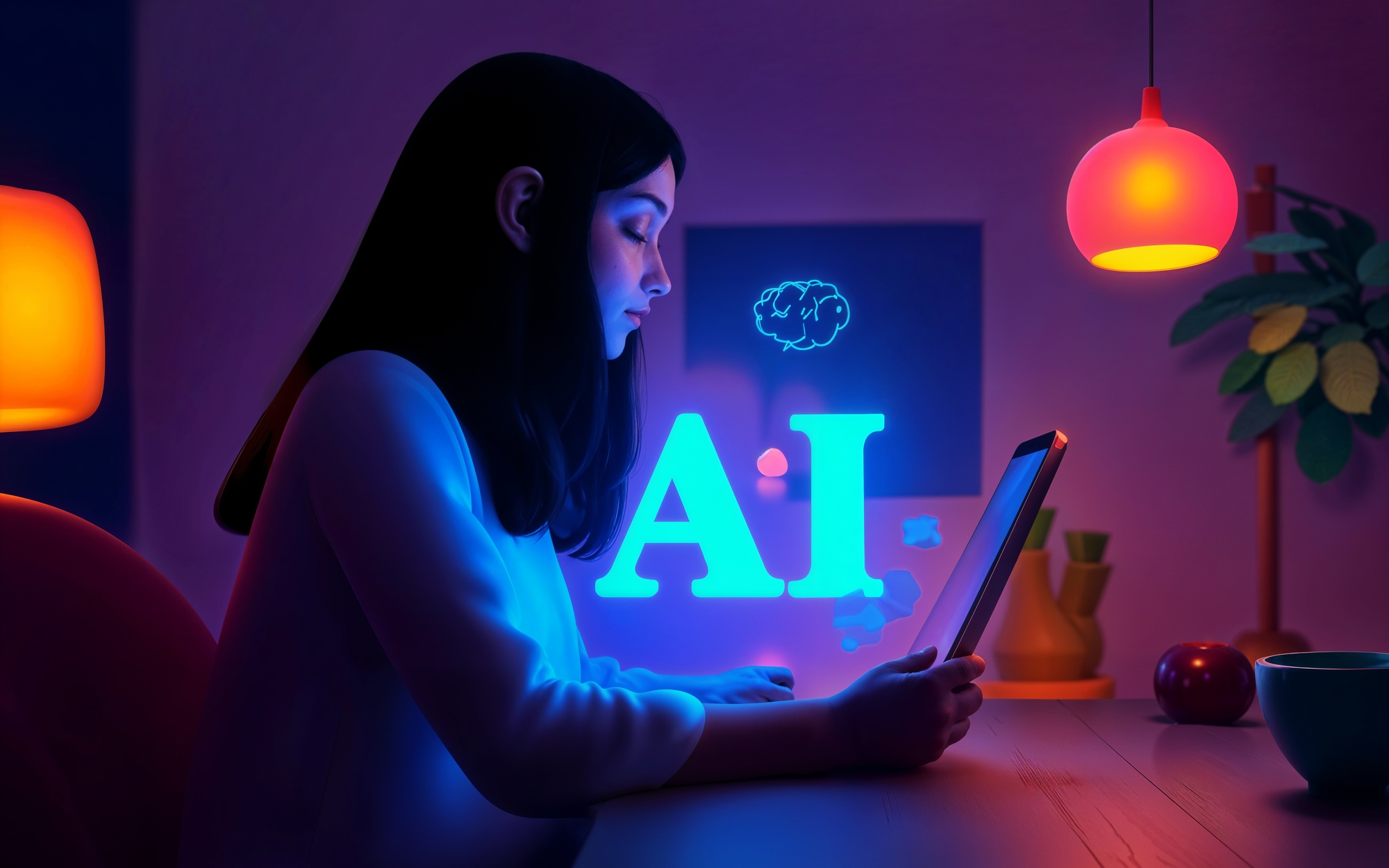
Artificial intelligence (AI) has already transformed the marketing landscape, revolutionizing how brands interact with consumers, personalize content, and analyze data. But as AI continues to evolve, a pressing question arises: Will AI replace human creativity in marketing? At Terry Nugent’s company, we believe the future of AI in marketing is exciting yet uncertain. While machines are becoming more sophisticated, human ingenuity remains irreplaceable.
Understanding AI’s Role in Marketing
Before diving into whether AI will replace humans, it’s crucial to understand what AI in marketing entails. AI-powered tools analyze vast amounts of data, automate repetitive tasks, and improve decision-making processes. From chatbots and predictive analytics to content generation and personalized recommendations, AI is reshaping marketing strategies worldwide.
Key AI Technologies Transforming Marketing:
- Machine Learning (ML): Enables predictive analytics for customer behavior and market trends.
- Natural Language Processing (NLP): Powers chatbots, voice assistants, and AI-driven content creation.
- Computer Vision: Enhances visual content analysis for targeted advertising.
- Automation: Streamlines email marketing, social media scheduling, and customer segmentation.
Can AI Truly Replace Human Creativity?
Despite AI’s capabilities, will AI replace humans in marketing roles that require creativity, emotional intelligence, and storytelling? The short answer: not entirely.
AI’s Strengths in Marketing
- Data Processing at Scale – AI can analyze enormous datasets in seconds, identifying trends and patterns that would take humans weeks to uncover.
- Personalization & Targeting – AI can tailor marketing campaigns based on individual user behavior, improving engagement and conversion rates.
- Efficiency & Automation – AI automates repetitive tasks like A/B testing, social media posting, and email marketing, freeing up marketers for strategy development.
The Human Advantage
- Creativity & Storytelling – AI can generate content, but it lacks human emotions, cultural context, and the ability to craft compelling narratives.
- Emotional Intelligence – Understanding human psychology, empathy, and sentiment is crucial in marketing, and AI still struggles in this area.
- Brand Identity & Strategy – Building a brand requires vision, adaptability, and intuition, which AI cannot replicate.
The Symbiotic Relationship Between AI and Human Marketers
Rather than asking what is the future of AI in marketing in terms of replacement, the real question should be: How can AI and human marketers collaborate?
AI as a Creative Assistant, Not a Replacement
Instead of replacing human marketers, AI serves as a powerful assistant. Marketers can leverage AI for:
- Content Ideation: AI can suggest blog topics based on trending keywords and consumer behavior.
- Enhanced Creativity: AI-generated visuals, music, and video edits provide marketers with inspiration.
- Optimized Campaigns: AI-driven insights help refine and test marketing strategies more efficiently.
Case Study: AI and Human Collaboration in Marketing
At a previous company, I led a project integrating AI-generated email marketing with human-led storytelling. AI optimized subject lines and send times, while our team crafted emotionally compelling narratives. The result? A 30% increase in engagement rates—a testament to the power of AI-human collaboration.
The Future of AI in Marketing: A Hybrid Approach
The future of AI in marketing is not about AI vs. humans; it’s about how both can work together. AI will continue to enhance marketing strategies, but human creativity, emotion, and strategic thinking will remain irreplaceable.
How Businesses Can Prepare for an AI-Powered Future
- Invest in AI Tools: Businesses should explore AI-driven platforms for data analysis, personalization, and automation.
- Focus on Upskilling: Marketers must adapt by learning AI tools while honing their creativity and emotional intelligence.
- Embrace Experimentation: Companies should test AI-human collaboration models to optimize marketing performance.
Conclusion
The future of AI in marketing is not about machines replacing human creativity but about enhancing it. AI is a game-changer for efficiency and data analysis, but storytelling, emotion, and strategy will always require a human touch. Marketers who embrace AI while retaining their creative instincts will thrive in this evolving landscape.
FAQs
What is the future of AI in marketing?
The future lies in AI-human collaboration, where AI enhances efficiency and data-driven decision-making while humans drive creativity and emotional engagement.
Will AI replace humans in marketing?
Not entirely. AI excels at automation and data analysis, but human creativity, emotion, and brand storytelling remain irreplaceable.
How can businesses integrate AI into their marketing strategies?
Businesses should adopt AI tools for analytics, personalization, and automation while ensuring human marketers oversee creative direction and strategy.
Can AI generate marketing content?
Yes, AI can generate blogs, social media posts, and email copy, but human oversight is essential to maintain brand voice and authenticity.
What are the risks of relying too much on AI in marketing?
Over-reliance on AI can lead to generic, emotionless content and missed opportunities for human connection and brand differentiation.
By embracing these strategies, businesses can remain competitive in the ever-evolving world of direct marketing.
